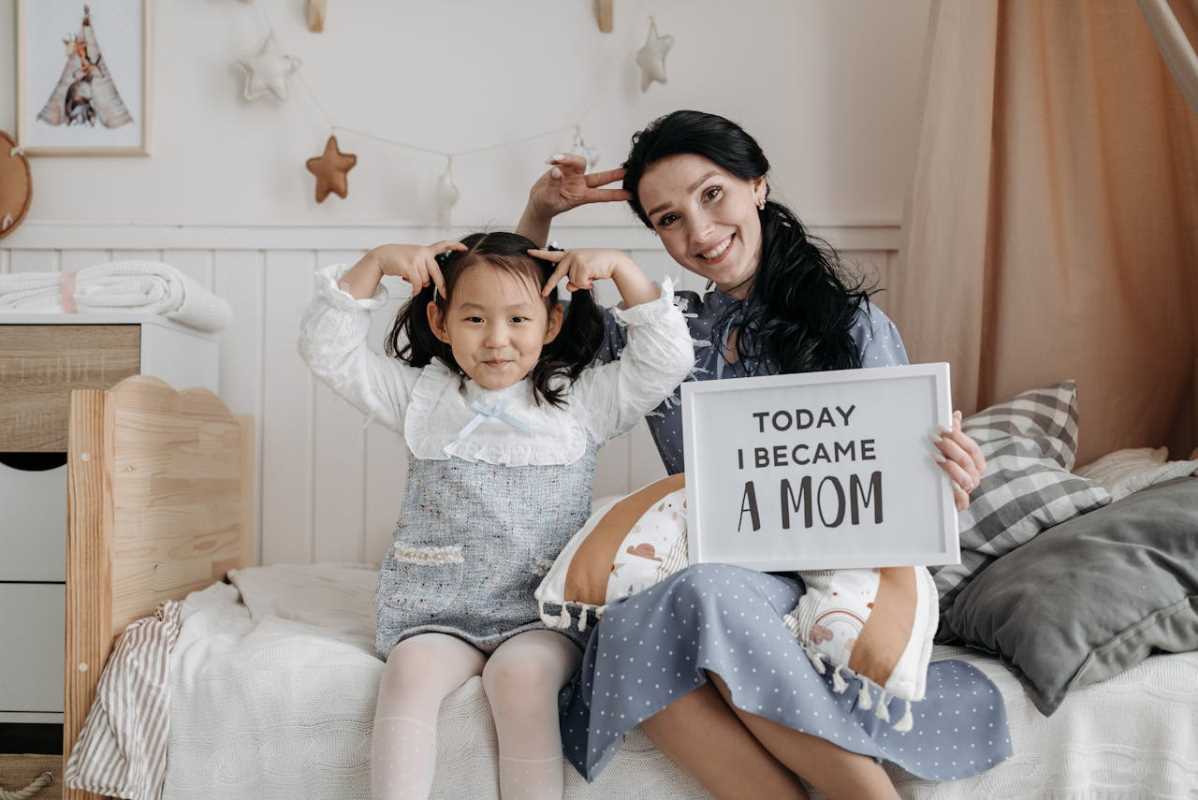Deciding whether (or when) to have kids can feel like one of the most profoundly life-altering decisions you’ll face. For many in their 30s, especially those navigating demanding careers and long-term relationships, the question often looms large. By this point, you’ve likely built a sense of stability in your professional and personal life. But with that stability comes complexity—financial goals, career aspirations, relationship dynamics, and maybe even fears about whether you’re ready. Add to this the persistent buzzing of biological clocks and societal expectations, and it can feel overwhelming.
Having kids in your 30s comes with both unique challenges and significant advantages. By arming yourself with the right information and adopting a thoughtful approach, you can make a decision that aligns with your goals, priorities, and values.
Biological Factors to Keep in Mind
When we talk about the biology of having kids, it’s impossible to ignore the reality of fertility. By your 30s, your body has already shifted from its peak fertility years (your 20s). Women, in particular, experience a gradual decline in fertility starting in their early 30s, with a sharper drop after 35.
This doesn’t mean having kids becomes impossible; conceiving might take longer. For men, while age-related fertility decline is less pronounced, sperm quality can still be impacted over time.
If you're actively planning to have kids, understanding your reproductive health is crucial. Consider scheduling a consultation with a fertility doctor; a simple checkup can provide insight into egg reserves or sperm quality. If kids are on your radar but you're not quite ready, you might also want to explore options like egg or embryo freezing. These technologies are advancing rapidly and can give you more flexibility.
The takeaway? Yes, time is a factor, but it’s not the single defining element. Plenty of people in their 30s conceive naturally, and modern medicine offers more options than ever before. Knowing where you stand biologically can ease the unknowns and give you greater peace of mind.
Career Implications and Timing
If you’re in a demanding office, tech, or knowledge job, the thought of stepping away from work (or juggling it alongside parenting) might feel daunting. By your 30s, you’ve likely invested significant time and energy into building your career. Perhaps you’re gunning for a promotion, managing a complex project, or hitting your stride in your field. The idea of pressing pause, even temporarily, can leave you grappling with questions like, What will this mean for my professional growth? or, Will I be able to strike the right balance when I come back?
The truth is, there’s no perfect time to have kids when it comes to work. Your career will always demand attention, whether you’re in your 20s, 30s, or even 40s. What you can do is prepare. Start by researching your company’s parental leave policies (both maternity and paternity). Tech and knowledge industries are increasingly offering more flexibility, with remote work opportunities and benefits aimed at supporting working parents. Having an open conversation with your manager or HR department might ease some of your concerns—sooner than later.
It’s also worth considering your partner’s career. Are you able to coordinate parental leave, shared responsibilities, or flexible working hours if needed? Building a game plan together can make the transition into parenthood feel more manageable.
The bottom line here? Parenthood doesn’t have to be a career roadblock. With careful preparation and communication, it can simply be another part of your life, one that, yes, requires adjustment, but also brings enormous fulfillment.
Financial Planning for Parenthood
Money isn’t everything, but when it comes to raising a child, finances are a very real consideration. From daycare costs to medical bills, having a child in the U.S. can be expensive—upward of $230,000 to raise a child from birth to age 18, according to some estimates. That figure might make you break into a sweat, but don’t worry—planning is your best friend here.
Start by taking an honest inventory of your finances. What does your current budget look like? Do you have savings set aside for short-term expenses like those early hospital bills, or long-term goals like education? You don’t need to have every dollar figured out before taking the leap, but having a clear understanding of your financial health can reduce a lot of the stress.
Next, think about insurance. Now might be a good time to review your health insurance options to ensure adequate coverage for prenatal care, delivery, and pediatric visits. If you don’t already have life insurance and a will, now is also a good time to get those in place; they provide important safeguards for your family.
The key here is to approach finances without getting overwhelmed. Break things into smaller steps, and tackle them little by little. Remember, raising a child is less about having all the money in the world and more about thoughtfully prioritizing resources.
Relationship Dynamics
Having a child doesn’t just change your daily schedule; it also transforms your relationship. For couples in their 30s, this transition can be particularly profound, especially if you’ve spent years establishing a rhythm together without kids.
Before jumping in, it’s essential to talk deeply and honestly with your partner. What are your respective hopes and anxieties about having kids? How might parenting responsibilities be divided? Will one of you stay home, or will child care be outsourced? These conversations can be uncomfortable but are essential for setting realistic expectations and preventing resentment down the line.
Studies show that parenthood brings both challenges and rewards to relationships. On one hand, the stress of sleep deprivation, financial strain, and shifting roles can push couples to their limits. But on the other, becoming parents can also deepen intimacy and unity, as you tackle a shared adventure together. Checking in with each other regularly, and keeping communication open as you transition into parenthood, can make all the difference.
It’s also important to keep nurturing your relationship after a baby arrives. Carve out time for date nights, even if it’s just an hour spent together after bedtime. Small habits like these can help you maintain a strong connection, even amid exhaustion.
Emotional Readiness and Expectations
Perhaps the most elusive and often inescapable part of the decision is asking yourself, Are we emotionally ready? It’s a fair question—but keep in mind there’s rarely such a thing as feeling 100% prepared. Raising a child will stretch you in ways you can’t anticipate, no matter how many prep books you read.
What matters more than feeling perfectly ready is having the self-awareness to evaluate your priorities and values. If you ask yourself why you want kids, what comes to mind? Is it a longing to nurture, to create a family legacy, or something else? Your answer doesn’t have to be neat and tidy—it just has to come from a place of honesty.
It’s also worth acknowledging that parenting will require a level of flexibility and adaptation you might not be used to. For people who thrive on structure or control (like many driven professionals), this can feel intimidating. But consider this an opportunity for growth. Parenthood, like your career or your relationship, isn’t about perfection—it’s an ongoing process of learning, evolving, and finding joy in the unplanned moments.
Having kids in your 30s is a decision layered with practical and emotional considerations. From fertility to career, finances to relationship dynamics, the demands can feel intense. But for many, this decade also brings more clarity, stability, and resilience—resources that give you a strong foundation for parenthood.
 (Image via
(Image via.jpg)




